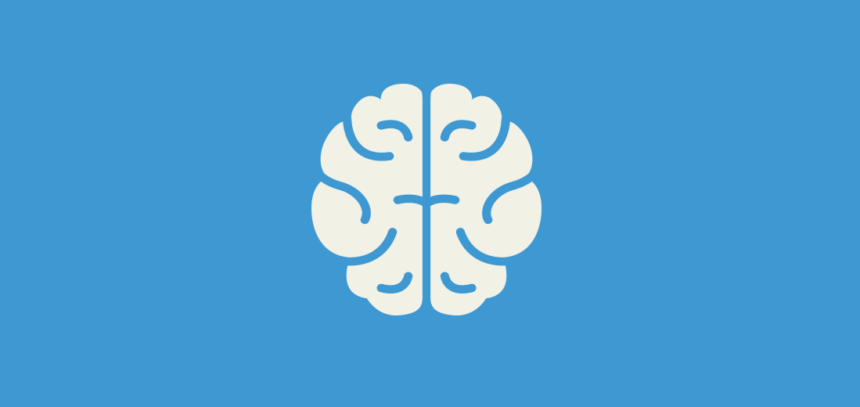Three psychologists conducted experiments to determine whether or not short-term memory is as reliable as previously believed.
The results were published in PLOS ONE.
Previous studies demonstrated that people’s long-term memories are significantly less reliable than they believe. The researchers behind this new study have discovered that there are times when even short-term memory is inaccurate. This conclusion was reached after four experiments involving hundreds of participants in which the participants were asked to view groups of letters displayed in a circle on a computer screen and then to identify individual letters within those groups.
According to researchers: “Four experiments consistently show that illusory memories can arise even when the to-be-remembered items have only just disappeared from vision. Participants consistently report, with high confidence, that they have seen the real counterpart of a pseudo-letter target. These memory illusions seem to be the result of world knowledge (i.e., based on the usual orientation of letters), and not of visual similarities, as they are much more prevalent than real-to-pseudo illusions.”
“Our findings support a predictive processing view of the formation and maintenance of memory in which all memory stages, including STM, involve integration of bottom-up memory input with top-down predictions, such that prior expectations can shape memory traces.”


